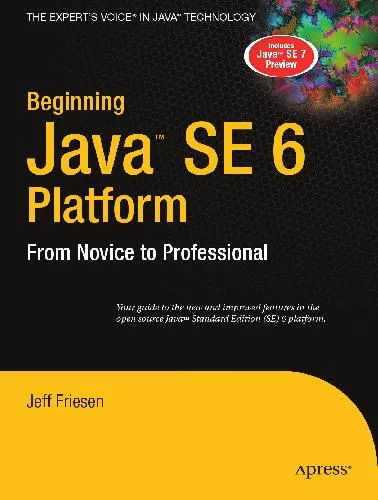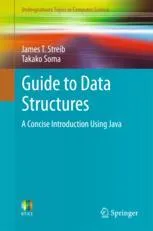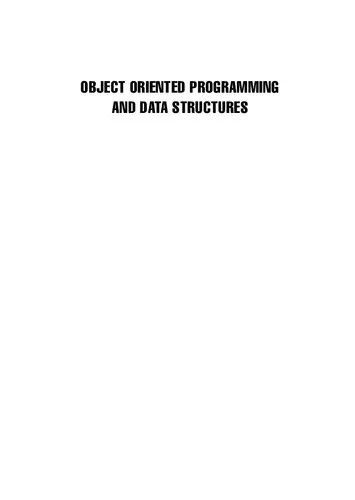Data structures & problem solving using Java
4.5
Reviews from our users

You Can Ask your questions from this book's AI after Login
Each download or ask from book AI costs 2 points. To earn more free points, please visit the Points Guide Page and complete some valuable actions.Related Refrences:
Introduction to "Data Structures & Problem Solving Using Java"
"Data Structures & Problem Solving Using Java" by Mark Allen Weiss is a comprehensive textbook that combines the fundamentals of data structures with effective strategies for solving real-world programming problems. Designed for students and professionals alike, this book leverages the robustness and versatility of the Java programming language to teach essential computer science concepts in a practical, hands-on manner. The book serves as an indispensable resource for those seeking to develop a deep understanding of algorithms, data structures, and their applications in programming.
Detailed Summary of the Book
The book covers a wide spectrum of topics necessary for mastering data structures and algorithms, starting with basic principles and gradually advancing toward more complex concepts. It begins with an overview of Java fundamentals to ensure that readers have a solid foundation, even if they are new to the language. As you progress, the book dives into various core topics such as arrays, linked lists, stacks, queues, recursion, and trees.
A significant portion is dedicated to frequently used data structures such as heaps, hash tables, and graphs. Alongside these, the book explores essential algorithms for sorting, searching, analysis, and optimization. Each topic is explained thoroughly, accompanied by clear Java code examples. Exercises and challenges appear throughout to reinforce the concepts and help readers actively engage with the material.
Mark Allen Weiss emphasizes a problem-solving approach, encouraging readers to think critically about how to design and implement efficient solutions. Real-world scenarios are frequently used to demonstrate how abstract concepts apply to practical problems. Furthermore, the book incorporates discussions about performance trade-offs, ensuring that readers understand the computational costs associated with different implementations.
Key Takeaways
- Thorough coverage of fundamental and advanced data structures, including arrays, trees, graphs, hash tables, and more.
- In-depth explanations of algorithm analysis and computational complexity, enabling readers to assess the efficiency of solutions.
- Numerous Java code examples and exercises to build programming confidence and expertise.
- A problem-solving methodology that teaches readers how to think critically and develop efficient solutions.
- Discussions on trade-offs between different approaches, preparing readers to make informed programming decisions.
Famous Quotes from the Book
"An algorithm is not just a set of instructions; it is a tool for crafting solutions that balance efficiency, clarity, and correctness."
"Data structures are not merely containers for your data—they are the foundation upon which efficient problem-solving is built."
"Java offers not only a platform-independent language but also a rich API that makes solving complex problems approachable and efficient."
Why This Book Matters
"Data Structures & Problem Solving Using Java" is more than just a textbook; it is a gateway to developing a strong foundation in computer science and programming. Whether you are a student aspiring to ace your coursework or a professional looking to sharpen your skills, this book equips you with the tools needed to thrive in the programming world. By emphasizing a problem-solving approach, the book teaches readers to go beyond syntax and focus on crafting efficient, elegant solutions—a skill that is critical in any field of software development.
The book's structured approach to explaining concepts, supported by Java code examples and exercises, ensures that even challenging topics are made comprehensible. Moreover, its focus on performance trade-offs and computational efficiency prepares readers to address real-world challenges effectively. In an era where data and algorithms drive innovation, understanding the principles outlined in this book is essential for anyone wishing to excel in programming and software engineering.
Overall, this book stands as a timeless resource for mastering data structures and algorithms. It empowers readers to not only learn Java but also apply their skills to solve meaningful problems, making it an invaluable addition to every programmer's bookshelf.
Free Direct Download
You Can Download this book after Login
Accessing books through legal platforms and public libraries not only supports the rights of authors and publishers but also contributes to the sustainability of reading culture. Before downloading, please take a moment to consider these options.
Find this book on other platforms:
WorldCat helps you find books in libraries worldwide.
See ratings, reviews, and discussions on Goodreads.
Find and buy rare or used books on AbeBooks.
1351
بازدید4.5
امتیاز0
نظر98%
رضایتReviews:
4.5
Based on 0 users review
Questions & Answers
Ask questions about this book or help others by answering
No questions yet. Be the first to ask!
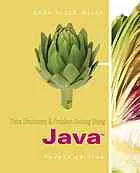
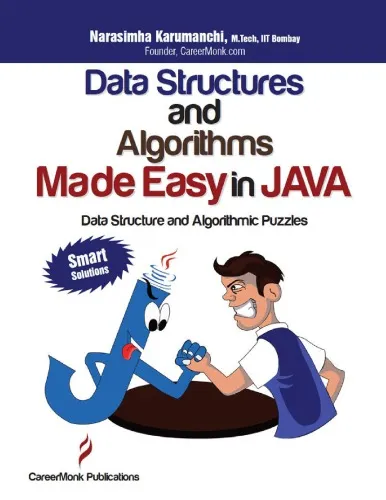

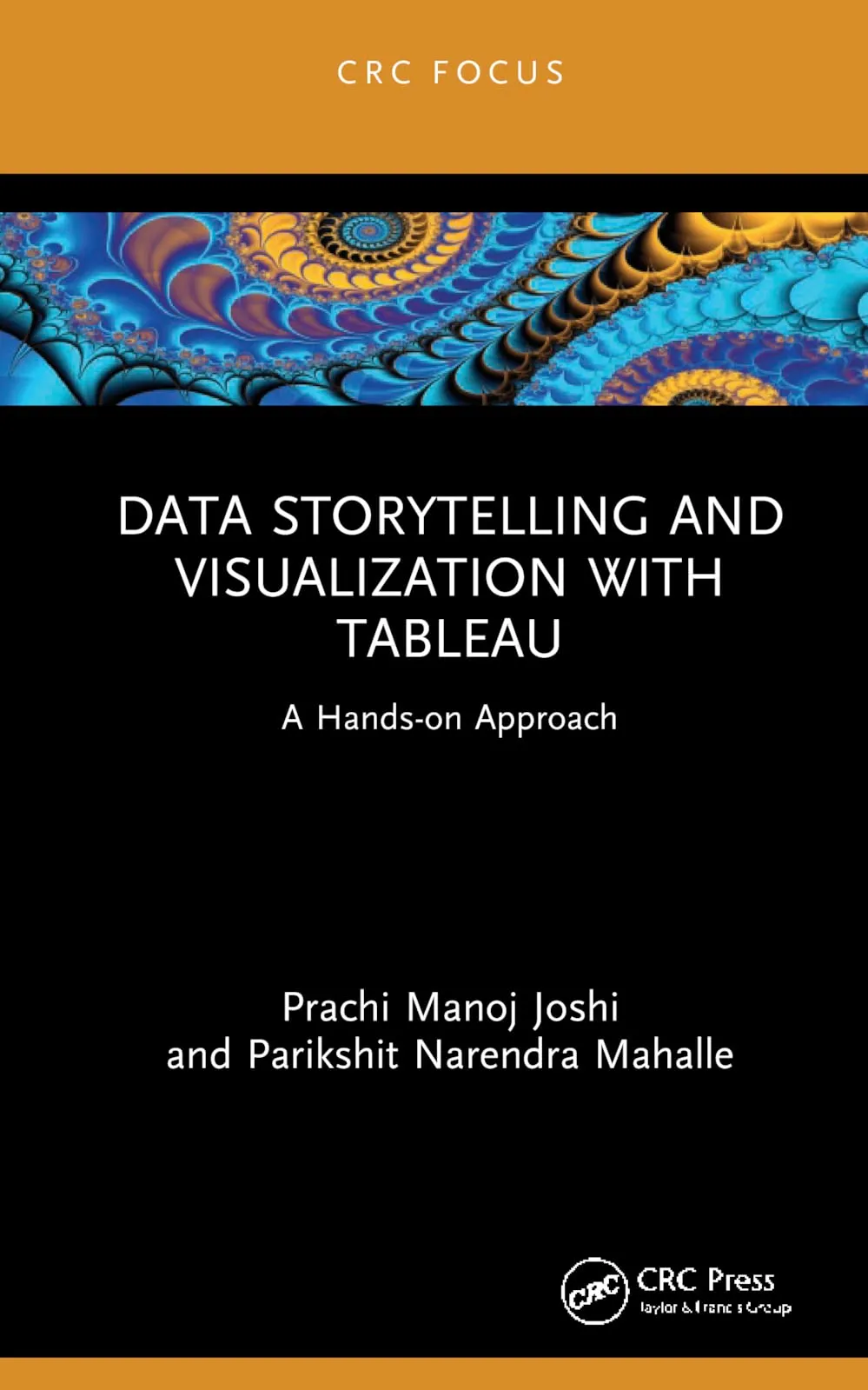

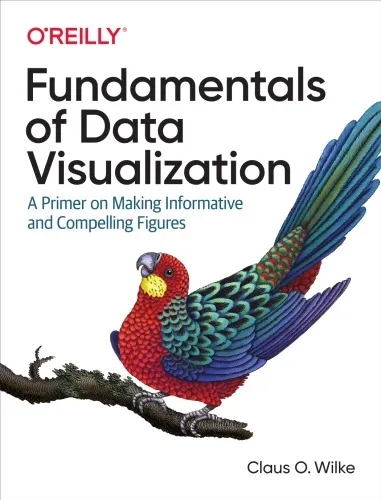
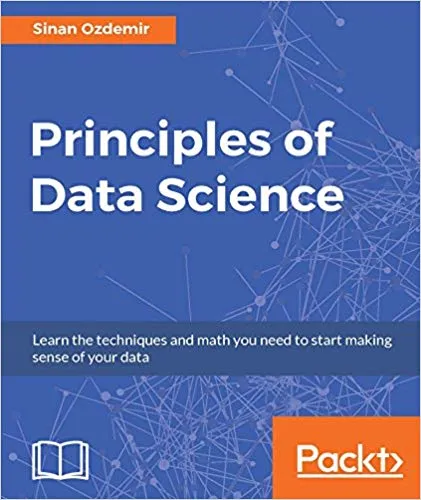
![Get Your Hands Dirty on Clean Architecture: Build 'clean' applications with code examples in Java, 2nd Edition [Team-IRA]](https://s3.refhub.ir/images/thumb/Get_Your_Hands_Dirty_on_Clean_Architecture__B_31019.webp)


